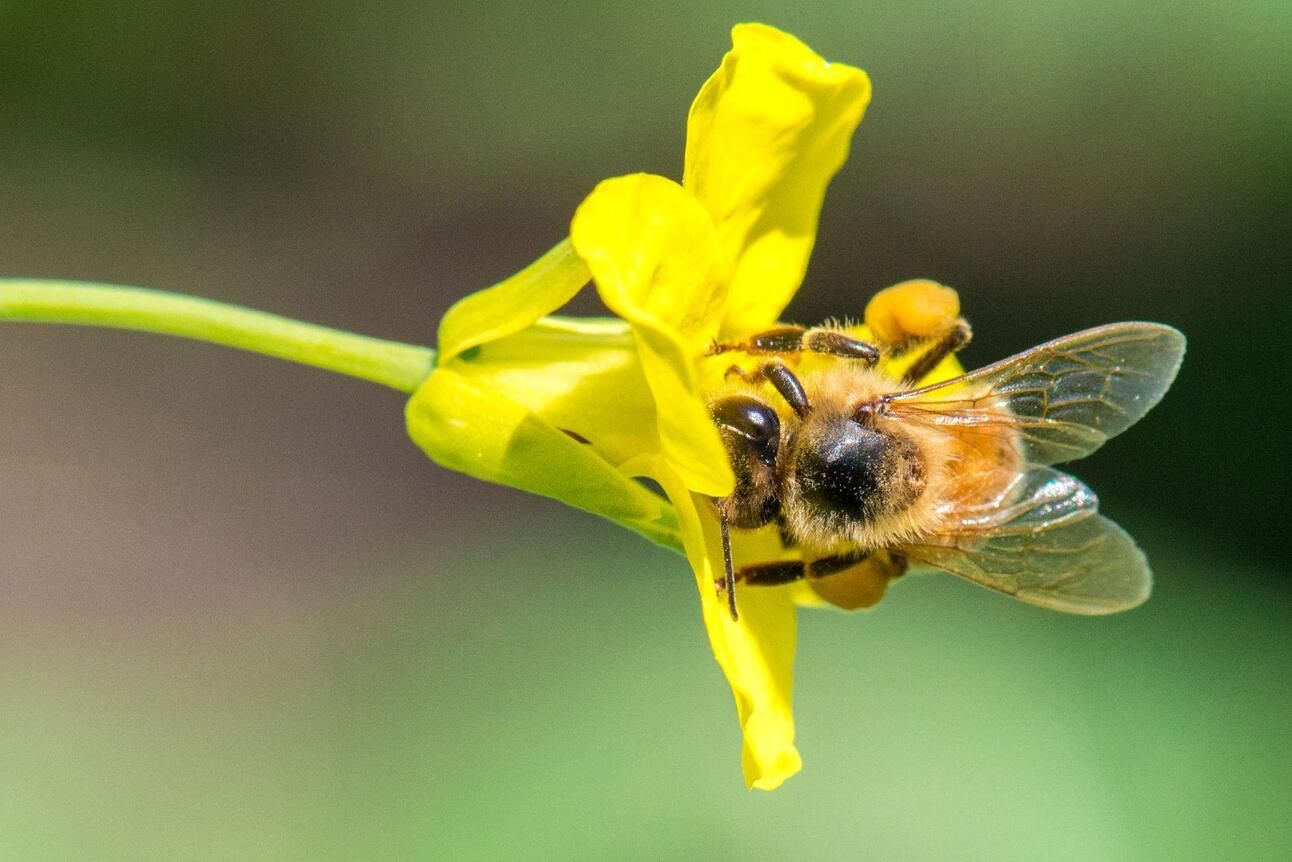
The Canada-Alberta Bee Colony Replacement Initiative will help support local beekeepers who faced losses during the 2021-22 winter. // Alberta Beekeepers Commission Facebook
Alberta has over 300,000 bee colonies spread across the province, making it the largest honey-producing province in Canada.
However, during the 2021-22 winter season, Alberta beekeepers lost as much as 50 per cent of their bees due to extreme cold weather and varroa mite infestations.
In response to the high losses experienced across the province’s beekeeping industry, an AgriRecovery program by the Agricultural Financial Services Corporation (AFSC) was announced to compensate eligible commercial beekeepers.
The Canada-Alberta Bee Colony Replacement Assistance Initiative will support beekeepers that purchased replacement colonies, bee packages, or queens between Jan. 1, 2022 and May 1, 2023.
“50 per cent loss is very high,” says Connie Phillips, executive director of the Alberta Beekeepers Commission. “The 10-year average for overwintering losses is about 26 per cent.”
Phillips says after the extreme losses were recorded, the Alberta Beekeepers Commission met with Alberta Agriculture and AFSC to discuss potential AgriRecovery programs.
“It's quite a complex industry and it touches on a lot of other parts of agriculture. Bees are great for the environment as an ecosystem service,” Phillips says.
Local loss
Terry Greidanus, owner of Mountainview Honey located south of Calgary, says the company lost about half of its bees during the 2021-22 winter.
“The main reason they died were the varroa mites,” Greidanus says. “They were already damaged and scarred by all the varroa mites reproducing in their cells, so the bees weren't strong enough to survive even the first cold snap.”
Greidanus says once winter hits there’s nothing beekeepers can do for their colony except wait till spring to see what survives.
“If you don’t do what you can in the fall to get the bees ready for winter, trying to get the hive as ready as possible and as healthy as possible… when it starts to get cold, you can't do anything.”
Recovery of the colony
Luckily for Greidanus, he was able to recover his colony since that devastating winter and can now say that Mountainview Honey has 90 per cent of its bees back.
However, it was not an easy task to rebuild.
“It was not cheap. Especially when you have to bring bees in from New Zealand, it costs a lot to fly bees across the ocean… but if your livelihood depends on it, you do what you can,” he says.
Greidanus was surprised by the AgriRecovery program, saying he did not expect that support to come through for the beekeeping industry.
“It came as a nice surprise and it'll make it a lot easier for us to make ends meet and hopefully pay our bills for the end of the season,” he says.
Struggle of beekeeping
A family-owned business, Greidanus has operated Mountainview Honey since 2005.
He welcomes the replacement assistance initiative, adding that it’s a much-needed program for those still new to the industry.
“In my opinion, from when I started out, it is the highest risk type of farming there is,” he says. “When bees die, we have nothing. If a farmer loses a crop, they still have their land.”
Another struggle Alberta beekeepers faced following the extreme loss was the amount of supply available to them while they recovered.
Phillips says Canada imports around 50,000 to 60,000 bee packages annually, however the need sits around 150,000 packages.
Additionally, in 2021 during COVID, Canada only imported 8,600 packages.
Local support
Phillips says the best way for Albertans to support their local beekeepers is to not only buy from local retailers but further education around the beekeeping industry.
“In Canada, Alberta’s industry is the largest in the country,” she says. “It's an important industry and just helping everybody, having more conversation, and increasing awareness is really important.”
She says Albertans can always learn more about their local beekeepers and how to support them, whether that means buying their products, visiting their farms, or talking to a local politician about supporting the industr

